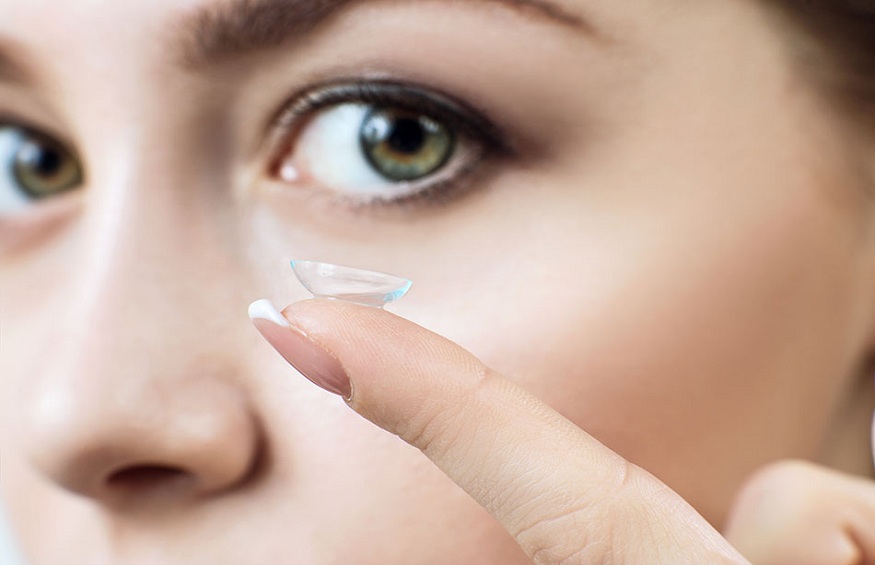Contact lenses were once considered inappropriate for some eyes and vision disorders. But don’t write off contacts just yet! If you’re worried that your eyes won’t be able to tolerate contacts, a specialised lens that meets your needs may be available.
Why do Specialty Contacts Need to Be Used?
Specialty contacts are used when the eye cannot handle a standard soft hydrogel lens. The following conditions may need the use of specialised contacts:
- Astigmatism
- Keratoconus
- Myopia
- Wet eyes
- Corneal irregularities
Previously, persons with these illnesses were frequently informed that they were not candidates for contact lenses. However, contact lenses are now more widely available than ever!
Specialty Contact Lenses: What Are They?
With the diversity of specialist contact lenses available today, there’s a better chance than ever that there’s one that will fit your specific eyes.
Toric Glasses
Toric lenses correct astigmatism. They’re designed to stay in the correct position on the eye, allowing for good vision. In addition, these lenses help treat additional refractive issues associated with astigmatism.
Because everyone’s eyes are so different, it might take some time to discover the right toric lens for you. If your prescription requires astigmatism correction, be prepared to try more than one lens type.
Scleral Contact Lenses
Unlike most other types of contacts, scleral lenses do not lie above the cornea. Instead, these lenses with huge diameters vault over the cornea and rest on the sclera or the white of the eye. Scleral lenses are available in sizes ranging from 14.5mm to 24mm.
Because the sclera is less sensitive than the cornea, those who find other lenses excessively painful have better results with scleral lenses. Furthermore, because the curvature of these lenses has a fluid reservoir, they tend to provide comfort for persons with dry eyes. Finally, people with keratoconus or other corneal abnormalities can benefit from these lenses.
Lenses with Multiple Focuses
Multifocal contact lenses address numerous visual disorders simultaneously, such as myopia and presbyopia. In addition, these lenses function similarly to bifocal spectacles in that various portions of the lens are constructed of different materials, allowing the eye to rectify visual issues.
Orthokeratology Contact Lenses
Orthokeratology contact lenses (or ortho-k) are rigid gas permeable lenses worn overnight. While the wearer sleeps, the durable contact lens softly reshapes the front of the eye.
Because the benefits of ortho-k endure for a short time after the contacts are removed, the wearer may go about their day without contacts or glasses. However, corneal reshaping is only temporary; wear these contacts at night for optimal effects.
Myopia Control Lenses
Myopia, or nearsightedness, can affect people of all ages, but special contact lenses help youngsters halt myopia’s growth. If your child suffers from nea



